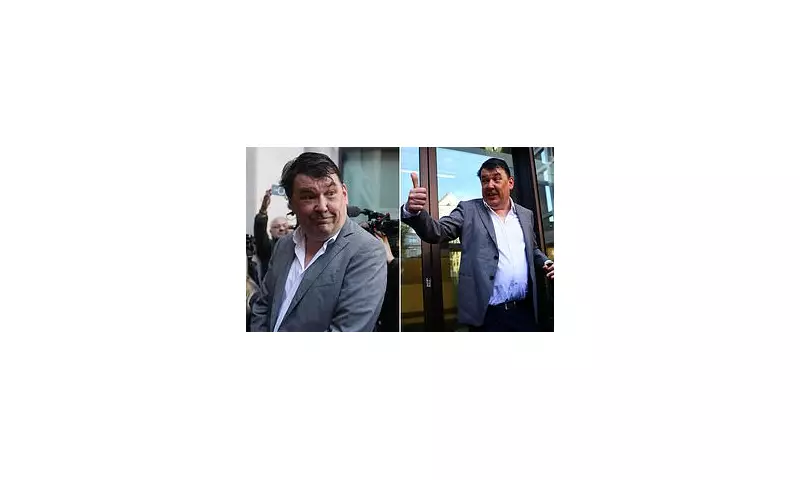
Renowned comedy writer Graham Linehan, the mastermind behind beloved sitcoms 'Father Ted' and 'The IT Crowd', has taken a defiant stand in the Royal Courts of Justice against allegations from transgender activists. The celebrated screenwriter appeared before Mrs Justice Collins Rice to contest claims regarding his social media activity.
The Core of the Controversy
Linehan passionately defended his right to express gender-critical views, stating his posts were made "in public and for the public." The writer argued that his contributions to the discourse on gender identity were matters of legitimate public concern rather than targeted harassment.
"These were public posts about matters of public interest," Linehan asserted during the hearing. His legal team emphasised that blocking individuals on social media platforms represents a reasonable exercise of personal boundary-setting rather than an admission of wrongdoing.
A Career Under Threat
The court heard how Linehan's professional life has suffered dramatically since he began expressing his views on gender identity matters. The BAFTA-winning writer revealed that ITV Studios had severed ties with him, effectively ending his television career despite his celebrated contributions to British comedy.
Linehan described being effectively "blacklisted" from the industry he helped shape, with colleagues and collaborators distancing themselves from him amid the ongoing controversy.
The Legal Battle
Transgender activist Stephanie Hayden brought the case against Linehan, seeking an indefinite restraining order over alleged harassment through social media posts and emails. Hayden's legal team argued that Linehan's actions constituted a targeted campaign that caused significant distress.
However, Linehan's defence team countered that their client's posts represented legitimate political speech protected under human rights legislation. They argued that the case represents a critical test case for free expression in the digital age.
Wider Implications for Free Speech
Legal experts suggest the outcome could set significant precedents for how British courts balance free speech rights with protections against online harassment. The case touches upon fundamental questions about the nature of public discourse on social media platforms.
As the hearing continues, free speech advocates and gender identity activists alike await a ruling that could reshape the boundaries of acceptable public debate in Britain's increasingly polarised cultural landscape.





